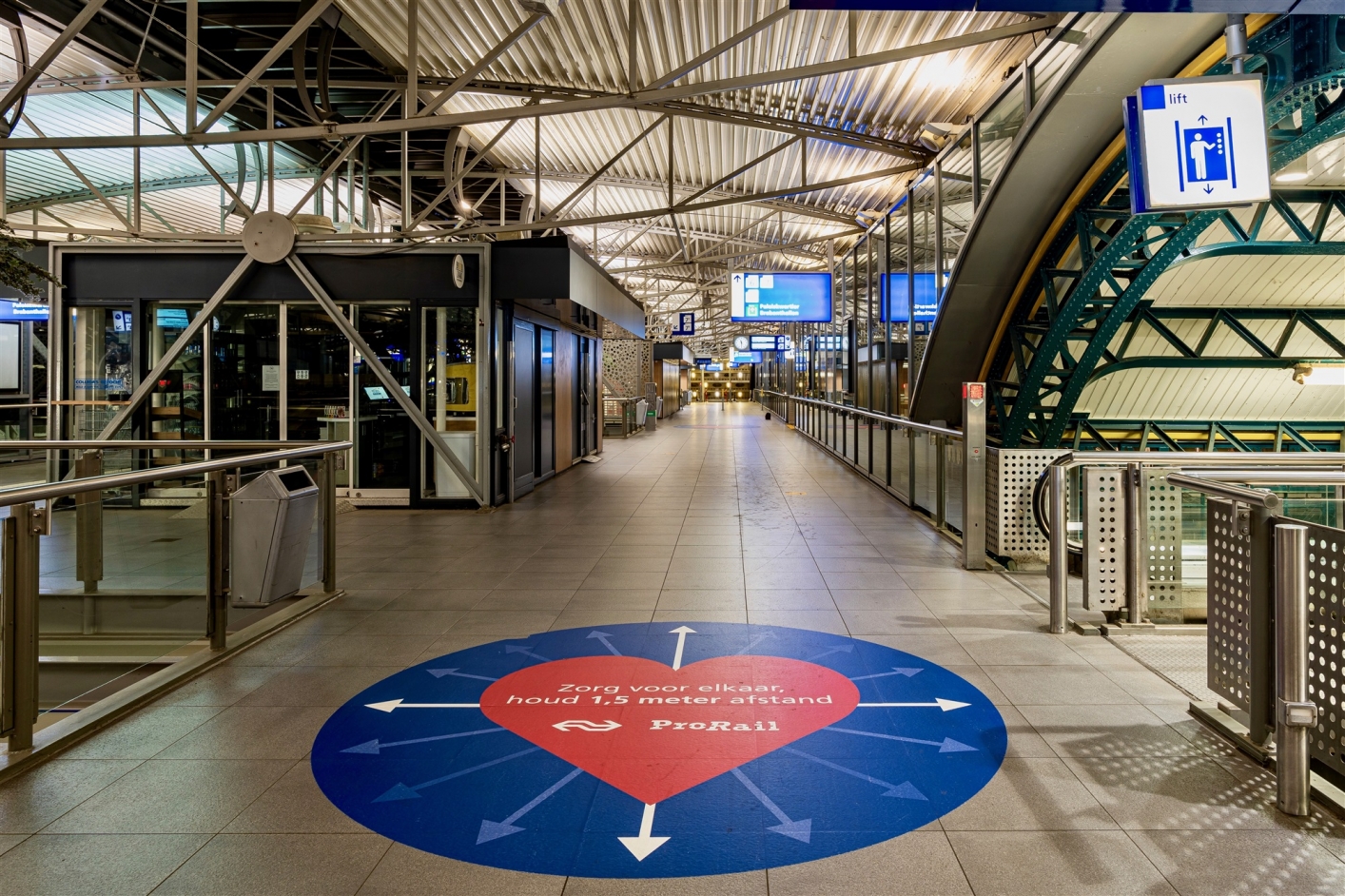
In its advisory letter, 'Green Recovery', the Council for the Environment and Infrastructure (Rli) discusses the concurrence of economic recovery policy and the transition towards a sustainable society, which is an important aspect of the choices to be made.
Over the past five months, the coronavirus has changed social interaction and the way people live, affecting their appreciation of what is important in life and their expectations of the future. It is still uncertain if these changes are permanent or whether many aspects can go back to how they used to be, once a vaccine or medicine has been developed. What is certain, according to the Council, is the fact that choices can be made about how to bring the economy back on track. In its advisory letter, 'Green Recovery’, the Council discusses the concurrence of economic recovery policy and the transition towards a sustainable society, which will have an important impact on the choices to be made. The advice centres around the following question:
Which government investments or policy measures on the physical environment would initiate economic recovery, while also structurally supporting the transition towards a sustainable and vital economy, in the longer term?
In this advisory letter, the Council argues in favour of a green recovery from the corona crisis, in which economy, employment and a sustainable physical environment go hand in hand. According to the Council, increasing the sustainability of the economy and physical environment is, as yet, not adequately incorporated into considerations about economic recovery policy. The Council offers an assessment framework that can help policymakers and political parties in designing green recovery policy, when drafting election manifestos or drawing up the next Coalition Agreement. The Council also presents numerous concrete suggestions for green recovery measures. In some areas, where the experiences of past months put into doubt whether ‘business as usual’ is still the best course of action, it may be wise to pause measures and revisit previous decisions.
Urgent policy tasks regarding the physical environment
The transitions in energy, food and circular economy remain urgent, as do matters such as climate adaptation, also during the economic recovery after COVID-19.
Like COVID-19, these unavoidable sustainability challenges will also have a far-reaching impact on the economy, perhaps even more so. Therefore, recovery policy requires an inspiring government vision on the future, in which economic, ecological and social objectives are linked in a way that encourages and challenges citizens and entrepreneurs to put their shoulders to the wheel together.
Options for green recovery
The Council mentions various possibilities for society to emerge ‘green’ from the crisis. For example, immediate implementation of the Climate Agreement and the transition towards a carbon-free economy will have to be given full priority in government policy. However, much more is needed, across many areas, to ensure a healthy, safe, vital, accessible and sustainable physical environment. The Council makes suggestions for green recovery measures in the following policy areas:
- Making the built environment more sustainable
- Accelerate new housing construction
- Future-proofing energy infrastructure
- Making rural areas more sustainable
- Zero-emission mobility and transport
- Zero-emission aviation and shipping
- Climate adaptation
Publication date
On 10 July 2020, the Council issued its advisory letter, which was presented to the Ministers and State Secretaries of Infrastructure and Water Management (IenW), Economic Affairs and Climate Policy (EZK), Agriculture, Nature and Food Quality (LNV) and the Interior and Kingdom Relations (BZK).
More information
For more information on the advisory letter, please contact project leader Bart Swanenvleugel, bart.swanenvleugel@rli.nl, +31 (0)6 52 01 26 91.